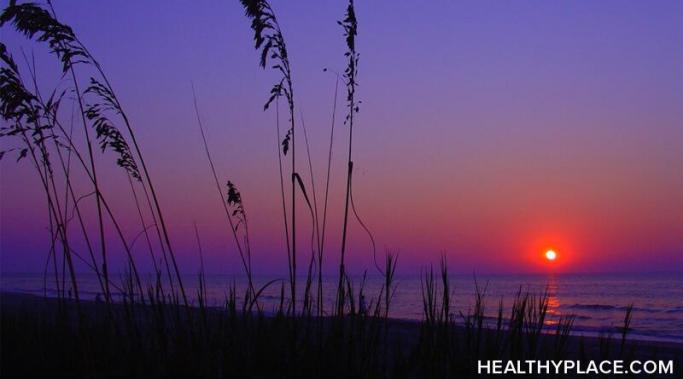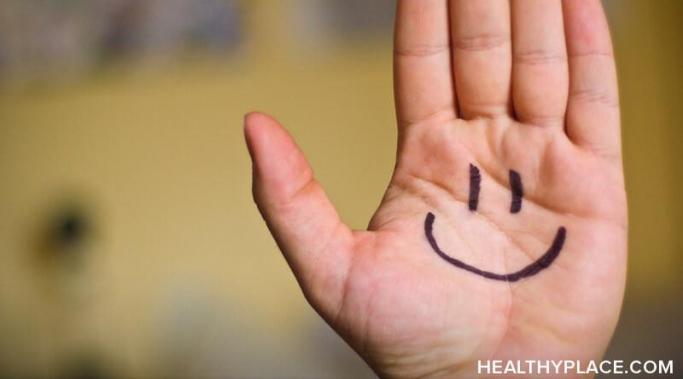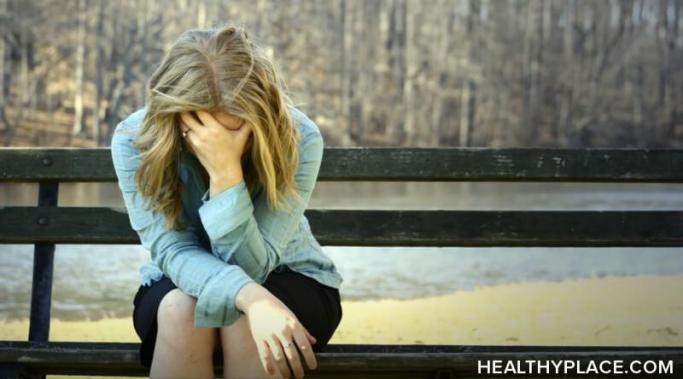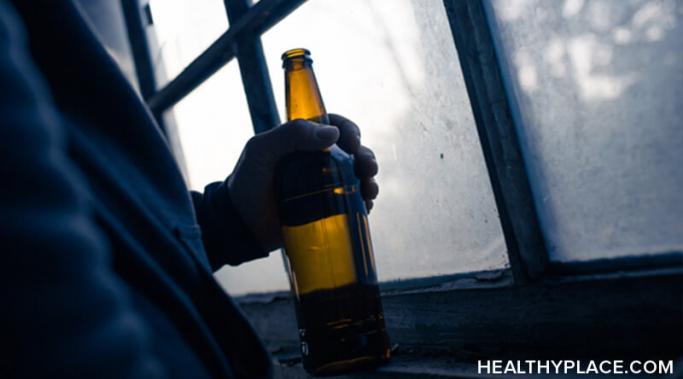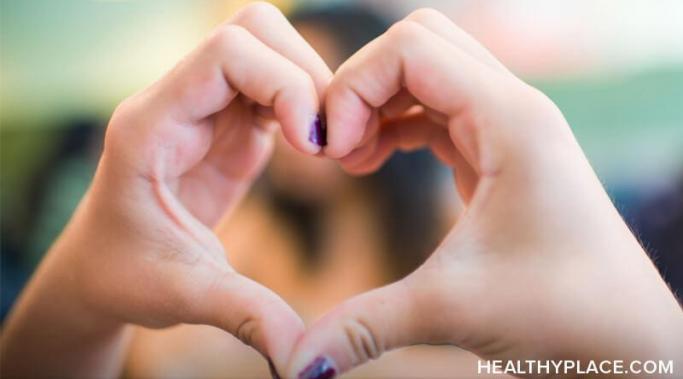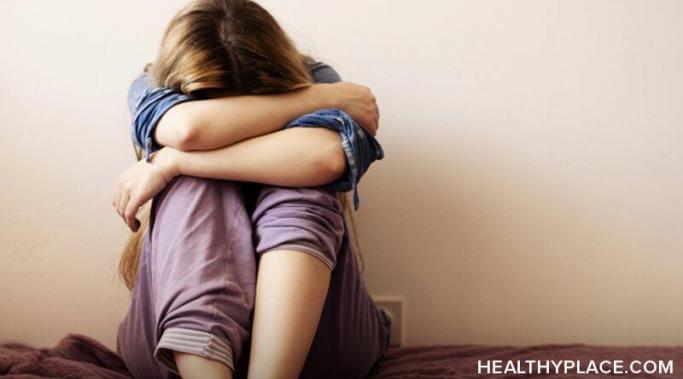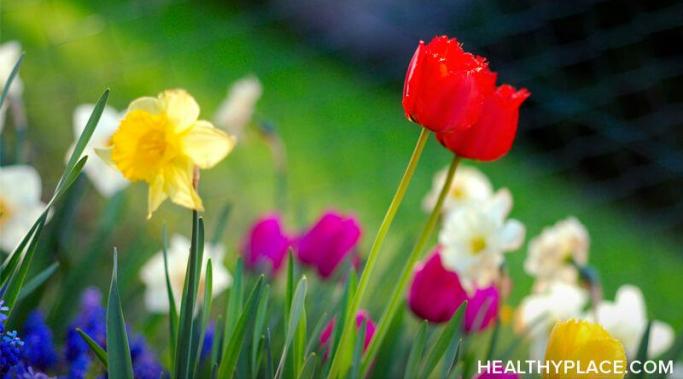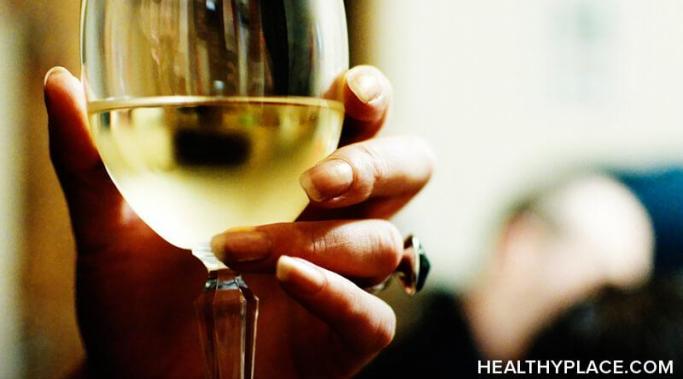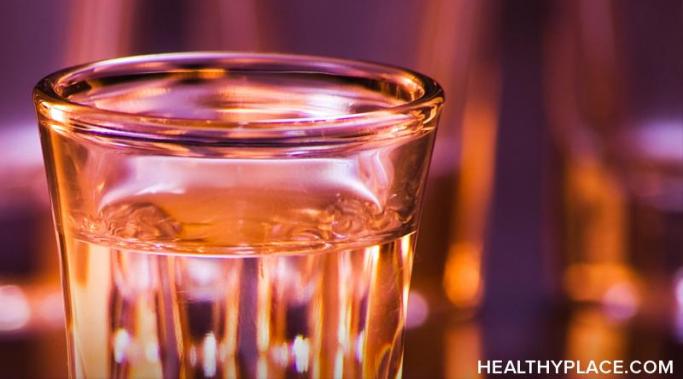I'm coping with grief in sobriety. Years before I got sober, I sat in church basements and listened to folks talk about the pink cloud. They claimed that by removing alcohol and other substances from their lives, they suddenly viewed the world through rose-colored glasses. The pink cloud of sobriety is supposed to feel euphoric and sparkly. But for me, the opposite was true. If anything, sobriety has been a grief journey accompanied by a rollercoaster of intense emotions.
Alcohol Addiction
Recovery from addiction includes fear of the unknown, which creates skewed internal messaging. Challenging these feelings for validity is the best way to uncover their reason. After the haze of alcohol disappears, we face many complicated emotions, and our pesky brain will try to regress into old thinking. This skews whether these assumptions are valid -- all it takes is some self-evaluation to sort out which fears in recovery are false.
Shame can trap people in a cycle of alcoholism and addiction. Often, this becomes a skewed internal dialogue where the sense of shame exceeds the inciting event. An example would be someone isolating themselves from their family or friends after a potentially embarrassing episode whilst drinking. Rather than suppressing shame or guilt, I believe that exposure by self-evaluation and reflection is the best way to avoid the cycle that links shame and alcoholism.
I left the UK to undergo alcohol treatment in South Africa, so it was inevitable that this would alter my perspective somewhat. However, after spending more time in this new environment, several striking realizations about the UK's negative relationship were crystal clear. After talking to numerous people from the same country and background, there was a common thread of early exposure to alcohol having long-lasting consequences. In short, I learned that teenage drinking can lead to addiction.
For most people practicing an alcohol-free lifestyle, there will eventually be an alcohol-centered party or event worth attending. Concerts, weddings, and holiday gatherings can be tricky, but not impossible, to navigate as a sober person. One thing that has helped me stay alcohol-free on a boozy night out is to redefine success.
I was thinking back to my high school days. In particular, a memory of a talk in the school hall about the danger of harder drugs told by a recovering addict. That's where the term "gateway drug" became part of my vocabulary, specifically in relation to cannabis. This gateway drug idea was true on my part -- I firmly embraced the culture of marijuana at a young age. But my first drug encounter was with alcohol at the tender age of 13.
One of the most harmful myths surrounding alcohol addiction recovery is the idea of relapse and day one. Mainstream recovery modalities and the criminal justice system use fear to ignite abstinence, preaching that perfection is the only acceptable path forward. It is normal and expected to relapse and return to day one after a slip.
Someone recently asked me what fun things I have planned for the summer. Surprisingly, that felt like a loaded, triggering question. As a sober person who doesn't have a driver's license or disposable income, I get jealous and resentful when people talk about their vacation plans. The fear of missing out (FOMO) surfaces, and I feel excluded from that version of fun.
The media's portrayal of alcohol addiction hurts people. Last week there was an article on the front page of my local newspaper about a man who was publicly intoxicated. The paper printed his name, hometown, and mugshot for everyone to see. This story was the talk of the tiny, touristy town where I live. Everyone thought it was acceptable to mock this man who struggles with alcohol. After this media portrayal of alcohol addiction and the ensuing jokes, I found myself in a triggered tailspin.
One of the most challenging parts of being in recovery for alcohol use disorder (AUD) is dealing with society's normalization of alcohol, a deadly drug. Alcohol is everywhere. Some days, triggering situations come at me more quickly than I can process them. Some days, I want to crawl into bed, pull the covers over my head, and stay there forever because that feels like the only safe place in this alcohol-obsessed culture.
